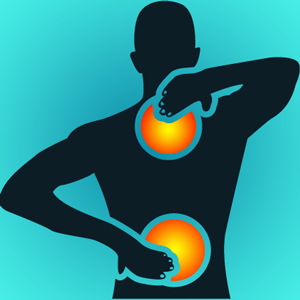As the new year begins, many people focus on improving their health by eating better, moving more, and feeling stronger. One area that’s often overlooked, however, is spine health. Your spine plays a critical role in movement, posture, and overall quality of life, and caring for it properly can help prevent pain, stiffness, and long-term problems.
At the Neuroscience & Spine Center of the Carolinas (NSSC), we believe the new year is the perfect time to prioritize a healthier spine and address back or neck pain before it becomes a bigger issue.
Resolution #1: Stop Ignoring Back and Neck Pain
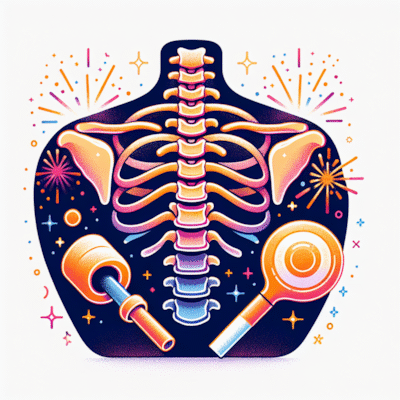 Many people enter the new year already dealing with lingering neck or back pain and simply learn to live with it. Pain that lasts longer than a few weeks, continues to return, or interferes with daily activities is not normal and should be evaluated.
Many people enter the new year already dealing with lingering neck or back pain and simply learn to live with it. Pain that lasts longer than a few weeks, continues to return, or interferes with daily activities is not normal and should be evaluated.
Persistent pain may be caused by:
Early evaluation can often prevent symptoms from worsening and may reduce the need for more invasive treatment later.
Resolution #2: Improve Posture and Daily Habits
Poor posture is one of the most common contributors to spine pain, especially for people who sit for long hours at work or spend significant time on electronic devices.
- Simple posture-focused changes can make a big difference:
- Sit with feet flat on the floor and screens at eye level
- Avoid prolonged sitting without breaks
- Support your lower back while seated
- Be mindful of neck positioning when using phones and tablets
Small adjustments, practiced consistently, can significantly reduce strain on the spine.
Resolution #3: Move More — the Right Way
Regular movement helps keep the spine flexible, strengthens supportive muscles, and improves circulation. Walking, gentle stretching, and core strengthening can all support spinal health. However, it’s important to recognize when exercise causes pain rather than relief. Sharp pain, numbness, tingling, or weakness may indicate nerve involvement and should not be ignored. If activity consistently worsens symptoms, it may be time to seek a professional evaluation.
Resolution #4: Pay Attention to Warning Signs
Some spine-related symptoms should prompt earlier medical attention, including:
- Pain radiating into the arms or legs
- Numbness or tingling
- Weakness in the arms or legs
- Difficulty with balance
- Worsening pain despite rest or treatment
These symptoms may indicate nerve compression or structural spine issues that benefit from specialist care.
Resolution #5: Know When to See a Spine Specialist
Not all back or neck pain requires surgery. At NSSC, treatment always begins with a thorough evaluation and conservative options when appropriate. But knowing when to seek expert care is key.
Consider scheduling a spine evaluation if:
- Pain lasts longer than 4–6 weeks
- Symptoms are progressing or returning frequently
- Daily activities are limited by pain
- You experience neurologic symptoms such as weakness or numbness
Early diagnosis often allows for more treatment options and better outcomes.
A Healthier Spine Starts With the Right Care
At NSSC, patients receive comprehensive, individualized spine care guided by advanced diagnostics and evidence-based treatment plans. Our goal is always to reduce pain, restore function, and help patients return to living life fully and confidently.
This year, make your spine part of your health priorities — because living with pain shouldn’t be your normal.
To Schedule a Spine Evaluation:
Call 704-864-5550 or visit our contact page. We are Now serving patients in two North Carolina offices in Gastonia and Belmont.
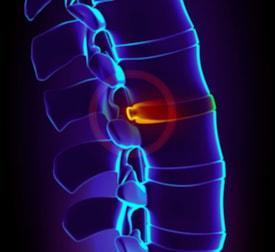 A herniated disk results when one of the small, spongy disks between your spinal vertebrae becomes damaged. These disks act as cushions between the vertebrae, absorbing shock and keeping the spine flexible. The damaged disk may bulge or break open, compressing the nerves.
A herniated disk results when one of the small, spongy disks between your spinal vertebrae becomes damaged. These disks act as cushions between the vertebrae, absorbing shock and keeping the spine flexible. The damaged disk may bulge or break open, compressing the nerves.

 Many people enter the new year already dealing with lingering neck or back pain and simply learn to live with it. Pain that lasts longer than a few weeks, continues to return, or interferes with daily activities is not normal and should be evaluated.
Many people enter the new year already dealing with lingering neck or back pain and simply learn to live with it. Pain that lasts longer than a few weeks, continues to return, or interferes with daily activities is not normal and should be evaluated.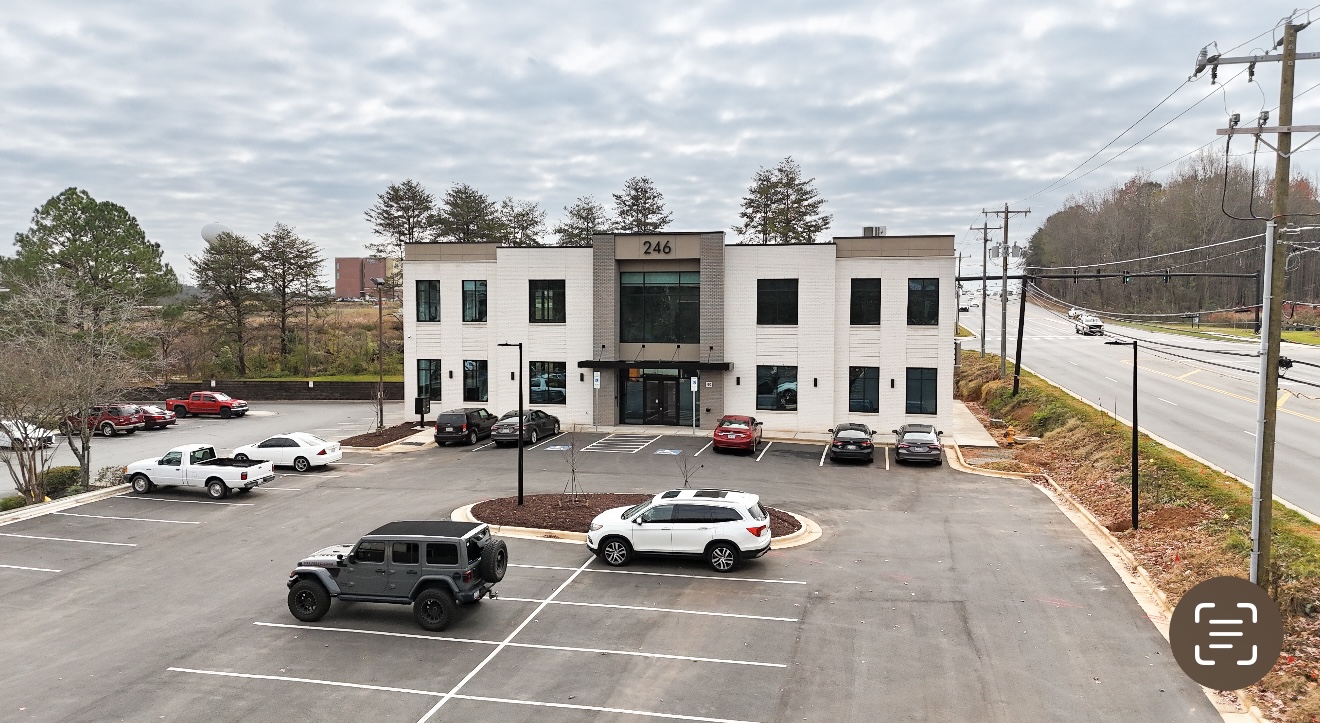
 246 Beatty Drive, Suite 100
246 Beatty Drive, Suite 100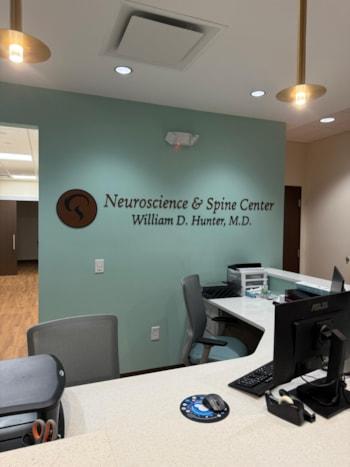 Under the leadership of
Under the leadership of 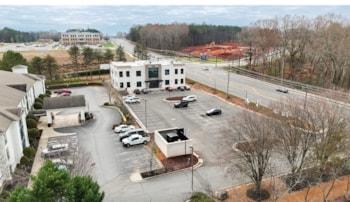 We look forward to welcoming patients to our new Belmont office in January 2026.
We look forward to welcoming patients to our new Belmont office in January 2026.